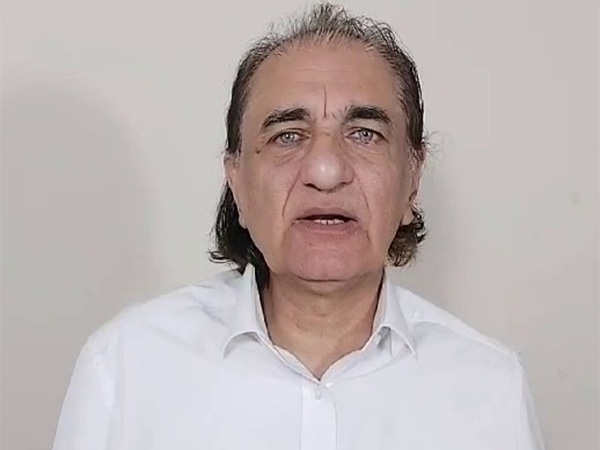Activist Exposes Dire Developmental Challenges in Pakistan-Occupied Regions
Amjad Ayub Mirza, an activist from Pakistan-occupied Jammu and Kashmir, issued a critical statement on the severe developmental and infrastructural challenges faced by the region, accusing Pakistan of deliberate neglect to maintain control over PoJK and PoGB.

- Country:
- Scotland
Amjad Ayub Mirza, an activist from Pakistan-occupied Jammu and Kashmir (PoJK), released a statement on Thursday highlighting the ongoing developmental challenges faced by the region. Mirza accused Pakistan of deliberately keeping PoJK underdeveloped to ensure its dominance and control over the local population. This, he argued, allows Pakistan to perpetuate its abuses without interference.
Mirza sharply criticized the governance structure in PoJK, labeling the elected Muzaffarabad Legislative Assembly as a puppet of Pakistan's home ministry and the Inter-Services Intelligence (ISI). He noted that despite the region's needs, no substantial efforts have been made to foster economic growth or improve infrastructure. The economic and infrastructural stagnation continues, with little to no advancement in promoting industrial development or tourism, the latter being tightly controlled by Pakistan's defense forces.
Mirza also underscored the severe infrastructural deficiencies in PoJK, highlighting persistent power outages lasting up to 23.5 hours a day. He questioned the feasibility of any industry thriving under such conditions and described the critical shortage of clean drinking water. Residents are forced to rely on river water, exposing them to health risks. Furthermore, he condemned the poor state of roads in PoJK and Pakistan-occupied Gilgit-Baltistan (PoGB), which has led to numerous fatal accidents.
Regarding healthcare, Mirza criticized the system, saying that many hospitals lack basic amenities, qualified doctors, and essential medications. Government hospitals are described as inadequate, with only military hospitals being up to standard. Mirza also talked about the dire conditions of government schools and colleges, suffering from a shortage of classrooms, teachers, and resources, leaving students with limited educational opportunities while private schools remain out of reach for average families due to high costs.
Mirza's statement paints a grim picture of living conditions in PoJK and PoGB, highlighting the urgent need for comprehensive development and support to address these systemic issues and improve quality of life for residents.
(With inputs from agencies.)










